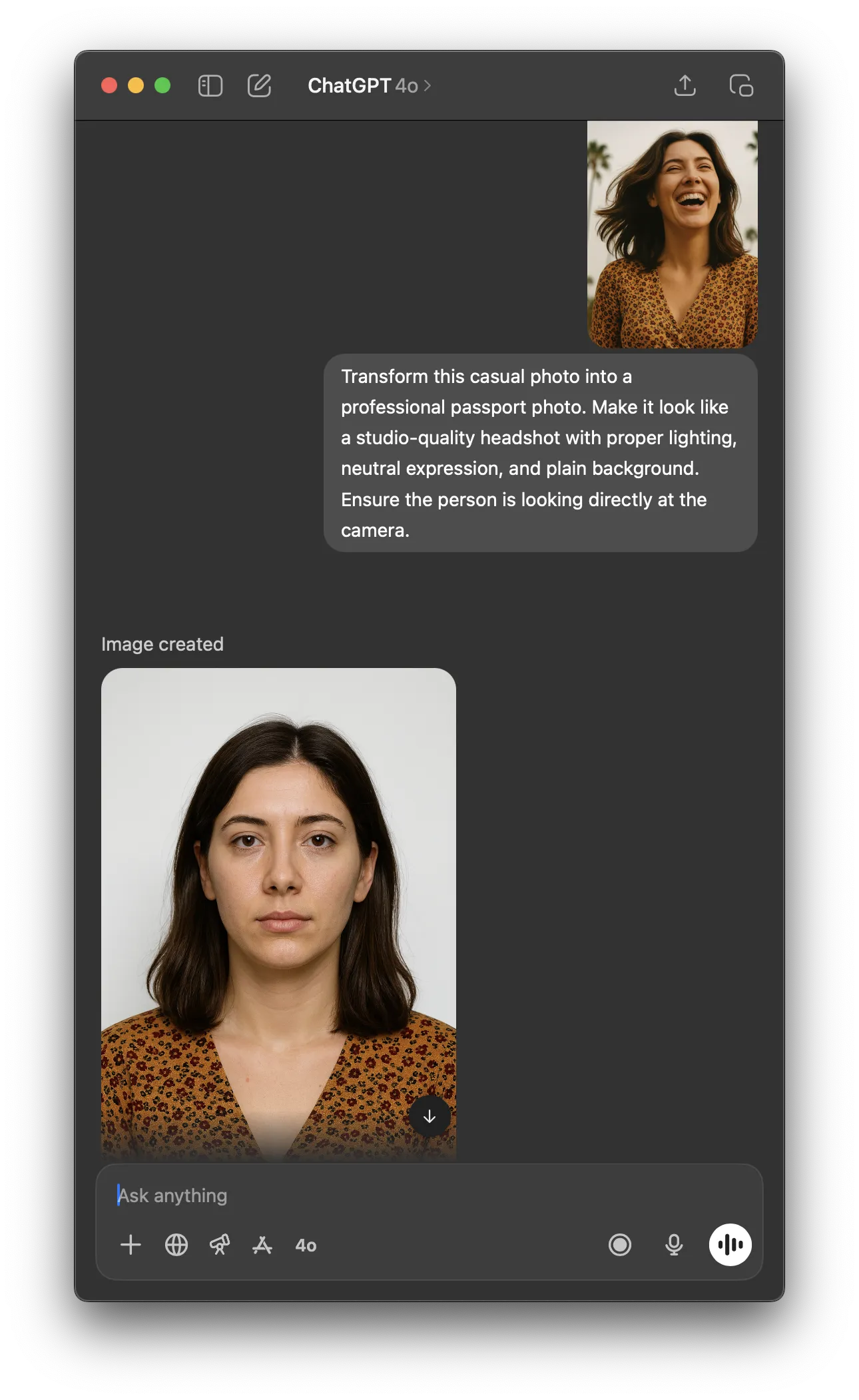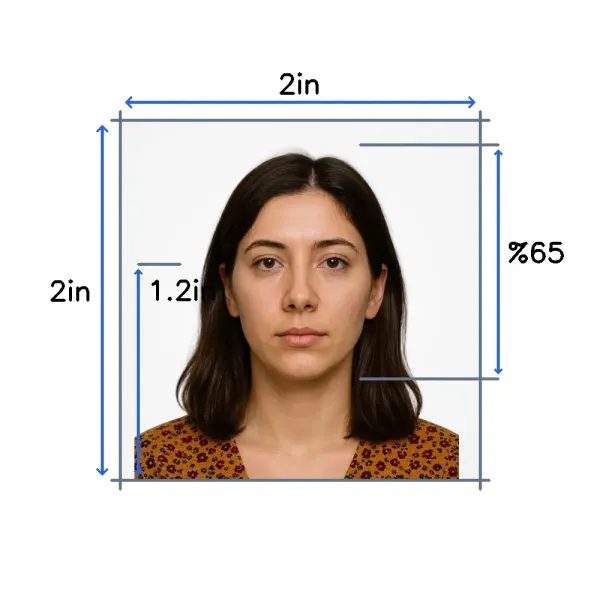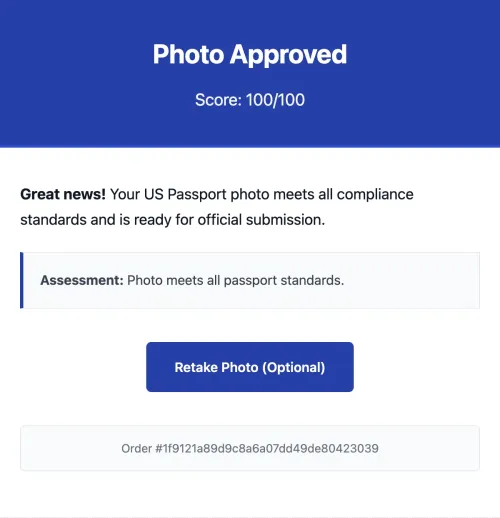⚠️ IMPORTANT DISCLAIMER: This article is for educational and entertainment purposes only. Using AI-generated or AI-assisted photos for official passport or visa applications violates government policies and may result in application rejection or legal consequences. Always use traditional, professionally-taken photos for official documents.
ChatGPT has become incredibly sophisticated at transforming casual photos into professional-looking portraits. Given any input photo, it can create stunning variations that rival studio-quality work. This raises an obvious question: why bother with perfect lighting setups and multiple photo attempts when you could simply upload a casual snapshot and ask ChatGPT to create a studio-quality passport photo? The technology is so convincing that many users are exploring this approach, despite significant compliance risks.
How to Create AI Passport Photos with ChatGPT
The process is surprisingly simple. You upload a casual photo and use specific prompts to transform it into a professional passport-style image. Here's how users are doing it:
Basic Transformation Prompt
"Transform this casual photo into a professional passport photo. Make it look like a studio-quality headshot with proper lighting, neutral expression, and plain background. Ensure the person is looking directly at the camera."
Advanced Passport Photo Prompt
"Convert this photo into a US passport photo format. Requirements: plain white/off-white background, neutral facial expression, both eyes open and visible, mouth closed, face centered and straight, good lighting with no shadows on face or background, high resolution suitable for printing."
Country-Specific Prompts
"Create a Canadian passport photo from this image following exact specifications: 50mm x 70mm equivalent, plain white background, head 31-36mm from chin to crown, neutral expression, no shadows, professional lighting."
The results can be quite dramatic, as shown in this example transformation:

Pro Tips for Better Results
- Be Specific About Requirements: Include exact specifications for your country
- Mention Lighting: Always ask for "professional studio lighting with no shadows"
- Specify Background: Request "plain white background" or "off-white background"
- Include Facial Expression: "Neutral expression, mouth closed, eyes open"
- Add Quality Instructions: "High resolution, professional quality, suitable for official documents"
Where ChatGPT Falls Short: The Precision Problem
While ChatGPT excels at creating stunning, studio-quality portraits, it struggles with the precise technical requirements that passport photos demand. The AI can transform your casual selfie into a professional-looking headshot, but it's not reliable when it comes to:
- Exact sizing specifications (2x2 inches, 35mm x 45mm, etc.)
- Precise head positioning (exact measurements from chin to crown)
- Perfect cropping to government standards
- DPI and resolution requirements for printing
- Compliance validation against official guidelines
This is where Snap2Pass becomes essential. After ChatGPT creates the beautiful studio-quality image, Snap2Pass handles the technical precision:
- Automatic sizing to exact passport photo dimensions
- Intelligent cropping with proper head positioning
- Compliance checking against official requirements
- Print-ready formatting with correct DPI
- Expert validation to ensure government standards are met
Here's how Snap2Pass handles the technical precision that ChatGPT cannot:

Expert Review and Approval
The final step in this process is expert validation, where Snap2Pass reviewers assess the photo against official standards. ChatGPT-generated photos consistently pass this review with perfect scores, as demonstrated below:

This approval highlights the concerning quality of AI-generated passport photos - they can look so professional that they pass expert human review, making detection increasingly challenging.
The Compliance Problem
While the AI consultation approach may seem more legitimate than direct image generation, government agencies worldwide maintain strict policies against any AI involvement in official document photography. The distinction between AI guidance and AI generation is irrelevant from a policy perspective.
Current Policy Status
- U.S. State Department: Explicitly prohibits AI-generated or AI-assisted images
- Canadian Passport Office: Requires authentic, unmanipulated photography
- EU Passport Agencies: Implementing AI detection technology for submissions
- Global Trend: Increasing scrutiny and detection capabilities
Why the Lines Are Blurring
The AI passport photo trend highlights several challenges facing official document photography:
Technology Accessibility
AI tools like ChatGPT make professional photography guidance accessible to anyone, democratizing knowledge that was previously limited to professional photographers.
Quality Improvements
AI-guided photos often look more professional than amateur attempts, creating a perception of legitimacy despite policy violations.
Detection Challenges
As AI assistance becomes more sophisticated, distinguishing between legitimate and AI-assisted photos becomes increasingly difficult for human reviewers.
The Real Risks
Using AI for passport photos carries serious consequences:
Application Rejection
Photos flagged as AI-assisted face automatic rejection, causing significant delays and additional costs.
Legal Implications
Knowingly submitting AI-generated content for official documents may constitute fraud in some jurisdictions.
Future Complications
AI-assisted photos in your application history could affect future document processing and background checks.
Professional Alternatives
The safest approach for compliant passport photos:
- Online Photo Services: Take your own photo with a smartphone and use legitimate processing tools like Snap2Pass that don't involve AI generation
- Professional Photo Studios: Experienced photographers familiar with document requirements
- Certified Photographers: Trained specifically in compliance standards
- Official Photo Services: Government-approved facilities (though often more expensive)
The Future of AI and Photography
As AI capabilities continue advancing, the challenge of maintaining authentic photography for official documents will only intensify. Government agencies are investing heavily in detection technology while updating policies to address emerging AI capabilities.
The trend represents a fundamental shift in how people approach photography, but official document requirements remain firmly rooted in traditional, authentic image capture.
Conclusion
While AI passport photo creation using ChatGPT demonstrates impressive technological capabilities, it remains incompatible with official document requirements. The blurring lines between real and AI-assisted photography create confusion for consumers but don't change the fundamental policy reality: official documents require authentic, unmanipulated photos.
For those curious about AI photography capabilities, experimentation can be educational and entertaining. However, when it comes to official documents, compliance with traditional photography standards remains essential.
Related Reading: For an entertaining look at how AI tools like Grok can transform everyday photos into passport-style images (for experimental purposes only), check out our article on turning everyday photos into passport pics with AI.